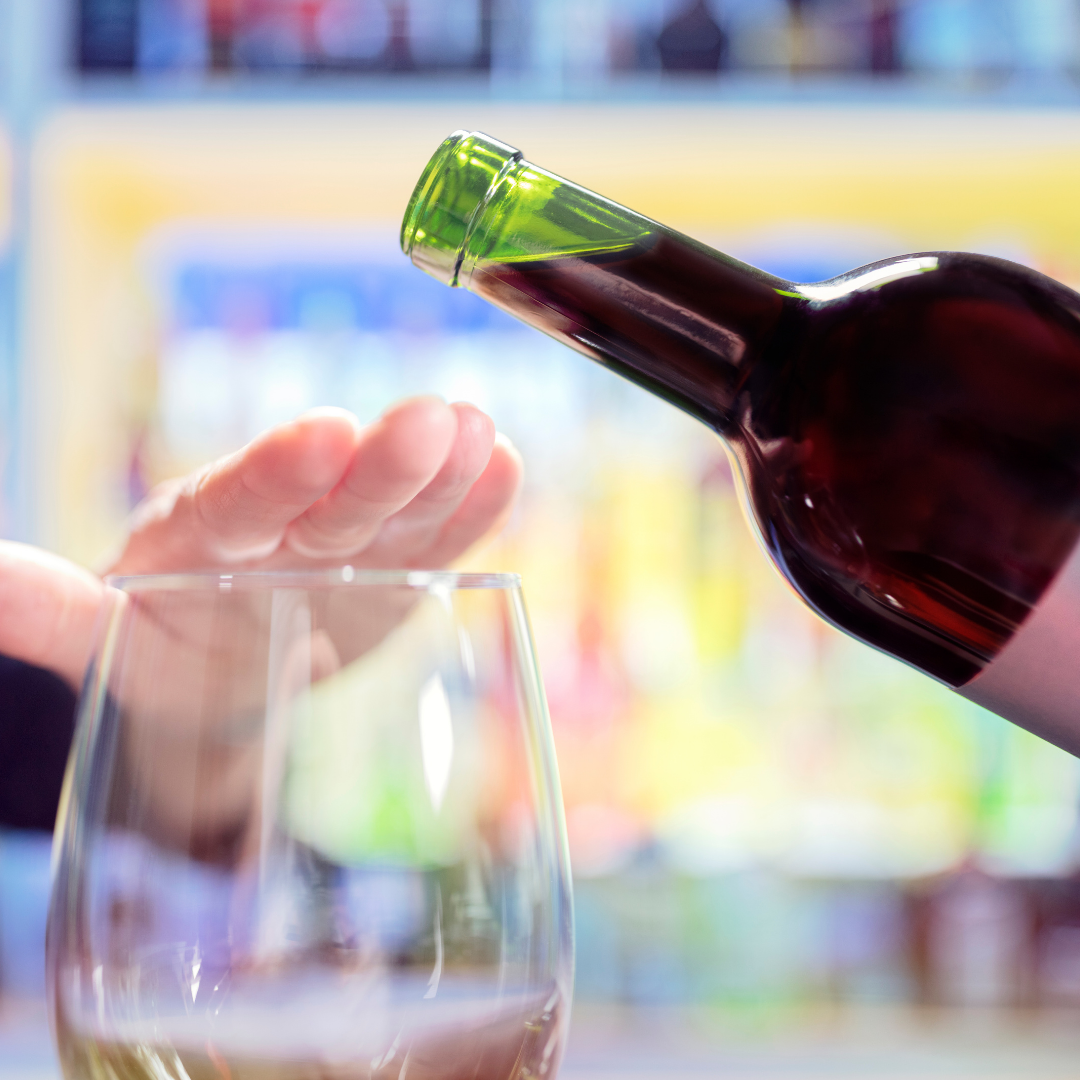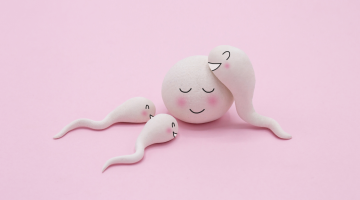Alcohol and Fertility

Alcohol consumption can impact both male and female fertility. This should come as no surprise as alcohol is known to slow the immune system, interfere with bodily processes, and can lead to the development of several different health problems and diseases. Men and women who are trying to have a baby should limit or eliminate alcohol, especially if they are struggling with infertility.
This article will discuss exactly how drinking alcohol affects your fertility and chances of getting pregnant.
Fast Facts
- Even in moderate amounts, alcohol can have a negative impact on male and female fertility.
- For men, drinking alcohol can negatively impact sperm quality, reduce libido and decrease sexual function.
- Stopping drinking has been shown to reverse the adverse effects of heavy alcohol consumption on male fertility.
- For women, drinking alcohol can cause an imbalance in sex hormones, affect ovulation, and increase the amount of time it takes to get pregnant.
- Women can improve their chances of having a healthy baby by stopping drinking while trying to conceive.
- Limiting/eliminating alcohol is one of many ways you can naturally increase your fertility.
Does Alcohol Affect Fertility
Yes! Even in moderate amounts, alcohol consumption can affect overall sexual performance and male and female fertility. Heavy drinking has been shown to have a significant impact.
Drinking alcohol in moderation will not stop you from getting pregnant. But if you are struggling to conceive, it is worth limiting/stopping drinking to improve your fertility.
Alcohol and Male Fertility
Alcohol can impact the function of all three portions of the male reproductive system, the hypothalamus, the anterior pituitary gland, and the testes. By interfering with each of these components, alcohol negatively affects several sperm parameters, reduces sexual performance, and causes infertility .
Decreased Sexual Performance due to Alcohol
Research has shown that alcohol consumption, especially heavy drinking, can significantly impact sexual performance and function.
In a study of 100 men with alcohol dependence, 72% had one or more sexual dysfunctions . The men in the study most commonly experienced premature ejaculation, low sexual desire, and erectile dysfunction. Researchers concluded that heavy drinking proportionately increases the risk of sexual dysfunction.
Alcohol is also known to impact male fertility and sexual performance by lowering testosterone levels in the blood. Numerous studies have confirmed that alcohol abuse can cause impaired testosterone production and shrinkage of the testes . When testosterone levels are too low, men experience low sex drive, erectile dysfunction, and infertility. .
Decreased Sperm Quality Caused by Alcohol
Alcohol affects several parameters of sperm, including sperm count, size, shape, and motility. Alcohol consumption can significantly decrease sperm quality, as displayed by the figure below.

In a study on 100 alcoholics, only 12% had normal semen parameters. Non-alcoholic men were three times as likely (37%) to have normal semen parameters. . Based on the results of their study, researchers concluded that alcohol negatively impacts sperm quality, especially morphology and production.
In 2016, a meta-analysis was conducted on semen quality and alcohol intake. After reviewing the data and results of over 15 past studies, researchers concluded that any level of alcohol consumption has a detrimental effect on semen volume and normal morphology when compared to not drinking .
The good news is that quitting alcohol has been shown to quickly and drastically improve semen parameters for heavy drinkers .
Alcohol and Female Fertility
Alcohol has been shown to reduce women’s chances of achieving pregnancy, especially heavy drinking. Heavy drinking has been shown to have a significant impact on multiple portions of female fertility. High alcohol consumption is also associated with an increased risk of fertility examinations . Women who drink heavily are more likely to undergo fertility treatment.
Alcohol can cause imbalances in several vital sex hormones like estradiol, luteinizing hormone, and testosterone. It can affect women’s menstrual patterns and cause irregular ovulation or even anovulation (absence of ovulation.)
Hormonal Imbalances Caused by Alcohol
Estradiol, luteinizing hormone (LH), and testosterone are all hormones with a vital impact on the female reproductive system, especially the function of the ovaries. Research has shown that alcohol consumption causes an increase in all three hormones . Long-term alterations of these hormones can significantly impact ovulation and can cause other serious health problems.
These hormonal imbalances may contribute to frequent and heavy alcohol consumers’ increased likelihood of experiencing early menopause. Research has shown that alcoholics are at a higher risk for early menopause when compared to their non-alcoholic counterparts .
Ovulatory Issues from Alcohol
Ovulatory issues account for about 25% of all cases of infertility. Alcohol has been found to disrupt women’s normal menstrual cycling . The exact mechanism for why this occurs is unknown, but it may be a result of the hormonal imbalances caused by alcohol.
When a woman ovulates less frequently, her likelihood of getting pregnant decreases. Without ovulation, there is no egg for sperm to fertilize, and pregnancy cannot occur. This may explain why alcohol consumption, even moderate or low, is associated with decreased ability to get pregnant .
Additional studies have found that alcohol dependence results in overall delayed reproduction in women, especially older women . Research has shown that women over 30 who drink 1-6 drinks per week are at an increased risk of infertility when compared to women of the same age who consume less than one drink per week .
There is evidence to suggest that women should avoid alcohol when they are trying to conceive.
The Bottom Line on Alcohol Consumption and Infertility
A glass of wine here and there or drinking a few beers with friends won’t stop you from getting pregnant. However, if you are trying to have a baby, you should limit your alcohol intake. Women who are already seeking treatment for infertility should be encouraged to minimize alcohol consumption, as even moderate levels could negatively impact their ability to conceive.
Limiting or eliminating alcohol can help to naturally improve your fertility and overall health. There are also many other ways that you can boost both male and female fertility!




